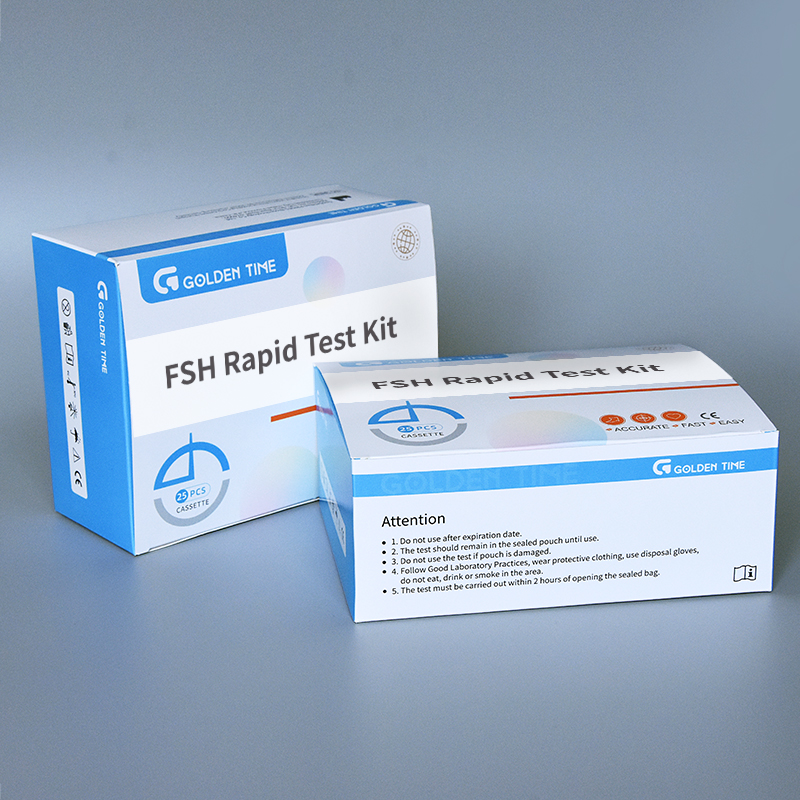Oct . 17, 2024 02:59 Back to list
wholesale hepatitis c antigen test
Understanding the Wholesale Hepatitis C Antigen Test
Hepatitis C is a viral infection that primarily affects the liver, often leading to serious health issues such as liver cirrhosis, liver cancer, and even liver failure. The Hepatitis C virus (HCV) is a significant global health concern, with millions of people infected worldwide. Early detection and diagnosis are critical for managing the disease effectively, which is where the wholesale hepatitis C antigen test comes into play.
What is the Hepatitis C Antigen Test?
The hepatitis C antigen test is a laboratory test that detects the presence of HCV antigens in the blood. Antigens are substances that trigger an immune response in the body and indicate the presence of the virus. This test is particularly important for identifying active infections. Unlike antibody tests that identify infections from several weeks to months prior, the antigen test can detect an active infection much earlier.
The most common antigen tested is the core antigen, which is part of the virus itself. When the virus infects a person, the body begins to produce antibodies against the virus, but this process can take time. The antigen test allows for earlier diagnosis, enabling timely treatment that can significantly improve health outcomes.
Importance of Early Detection
Early detection of hepatitis C is crucial for several reasons
1. Preventing Transmission Identifying and treating an active infection helps prevent the virus from spreading to others. 2. Reducing Complications Early treatment can halt the progression of the disease to severe stages, reducing the risk of complications such as liver disease and cirrhosis. 3. Improving Treatment Outcomes The sooner the infection is diagnosed, the more effective the treatment can be. Antiviral therapies available today are highly effective and can clear the virus from the body in many cases.
The Role of Wholesale Testing
wholesale hepatitis c antigen test

Wholesale testing refers to the bulk procurement and distribution of testing supplies, including hepatitis C antigen tests. Through wholesale testing, healthcare providers can obtain the necessary tools to conduct widespread screenings, particularly in high-risk populations. This practice plays a key role in public health strategies aimed at controlling the spread of hepatitis C.
Wholesale suppliers often provide these tests at lower costs due to economies of scale, making it easier for clinics, hospitals, and testing facilities to offer affordable services. Increased accessibility to testing helps ensure that more individuals can get screened, ultimately helping to identify and treat more cases of hepatitis C.
Target Populations and Risk Factors
Certain populations are at a higher risk of hepatitis C infection and are therefore prime candidates for testing. These include
- Individuals with a history of intravenous drug use Sharing needles and other drug paraphernalia significantly increases the risk of HCV transmission. - Patients who received blood transfusions before 1992 Before universal screening of the blood supply began, many people contracted the virus through transfusions. - Persons with high-risk sexual behaviors Unprotected sex can increase the risk of transmission. - Individuals with certain medical conditions People with HIV/AIDS or those with chronic liver disease should also be regularly screened for hepatitis C.
By focusing on these high-risk groups, healthcare providers can maximize the effectiveness of screening programs and utilize wholesale testing to ensure adequate supply.
Conclusion
The wholesale hepatitis C antigen test is a vital component of public health strategies aimed at controlling the spread of hepatitis C. By providing early diagnosis, this test allows for timely intervention, which can significantly improve health outcomes for individuals infected with the virus. As healthcare systems continue to prioritize preventive measures and effective screening methods, wholesale testing will play an increasingly essential role in managing hepatitis C on a global scale. Ultimately, increasing access to hepatitis C testing can help save lives, reduce the burden of disease, and promote overall community health.
-
Malaria Pf Ag Rapid Test Kit - Quick & Accurate Detection
NewsAug.11,2025
-
Accurate Cardiac Marker CK-MB Rapid Test for Quick Results
NewsAug.10,2025
-
Premium Empty ABS Plastic Cassette for Test Strips
NewsAug.09,2025
-
Sterile Urine Cup: Accurate Specimen Collection for Labs & Home
NewsAug.08,2025
-
Malaria Pf/Pan Ag Rapid Test Kit for Fast, Accurate Diagnosis
NewsAug.07,2025
-
Rapid Canine Corona Test: Fast & Accurate Results
NewsAug.06,2025

